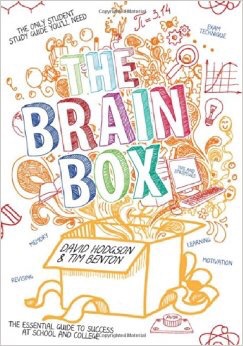In school recently, my 6 year old was given ten words. Ten words to learn by Friday.
They were: jacket, giraffe, gem, adjust, jar, join, energy, jog, magic and giant.
At first, this seemed like an impossible task: G. wanted to know the answers to some understandable questions:
Why is ‘jacket’ spelt with an e, not an i?
Why isn’t energy spelled enerjee?
Thus followed a soliloquy about the quaint awkwardness of the English language: Learning its intricacies felt like a rite of passage for me as an English person, rather like learning to make a pot of tea (I still feel lazy if I use a bag) or learning to hide one’s emotions, maybe behind a pretty pink pashmina – although I wasn’t so good at this one, being a northerner: We splurge our feelings and wear nice thick scarves (it’s cold up north).
But the affection I have for our quirky tongue didn’t alter the fact that those ten words are bloody hard for a kid to learn.
So how did we do it in ten minutes flat?
Here’s how: First we highlighted all those pesky words that had a ‘g’ that sounded like a ‘j’:
jacket, giraffe, gem, adjust, jar, join, energy, jog, magic and giant.
Next, we made up a story (drew a picture) that connected those five words. “You see, there was this giant with a pet giraffe, and he had a gem. It was a magic gem, and that gem gave him energy“.
On the way to school the next day we practiced the story:
Me: So there was a ……
G: Giant
Me: And he had a pet …………
G: Giraffe
Me: In his hand he held a ………
G: Gem
Me: And the gem was …………
G: Magic
Me: And the magic gave him ……………..
G: Energy!
All that was left was for him to learn the ‘j’ words, and then – boom, ten out of ten! Minimal pain for me too.
Now, does this work with older children and other subjects?
You betcha!
Let’s have a go with French vocabulary:
First slip on your pants (un slip). Over the pants go your long trousers (un pantalon). Pull on a jumper (un pull). Get set with socks (des chaussettes), but be sure to wear your shoes (des chaussures). Looking sharp with a scarf (une écharpe).
You can add layers of detail too. For example, You have two feet, and there’s a double ‘s’ in the middle of chaussures and chaussettes.
When building a story, some words are easier to utilize than others. So be bold in being as tenuous as you dare. For example: The man is covered from top to toe in a coat (un manteau).
“On his hands – des gants” – It rhymes! Well, nearly. Perhaps you could think of him putting on gloves to stop ants from biting his hands… whatever works for you!
The point is, you can have fun with this, utilising your kids’ imaginations to build stories that commit words to memory. And it doesn’t matter how old you are – it works with all ages – whether you’re six, sixteen or sixty!
And you create fun family memories as you go.
We’ve become quite attached to our gem-wielding giant!
He’s called Gerry, by the way.
Laura Mears is a coach at Blue Caterpillar, who among other things, deliver revision seminars to schools (http://www.bluecaterpillar.



